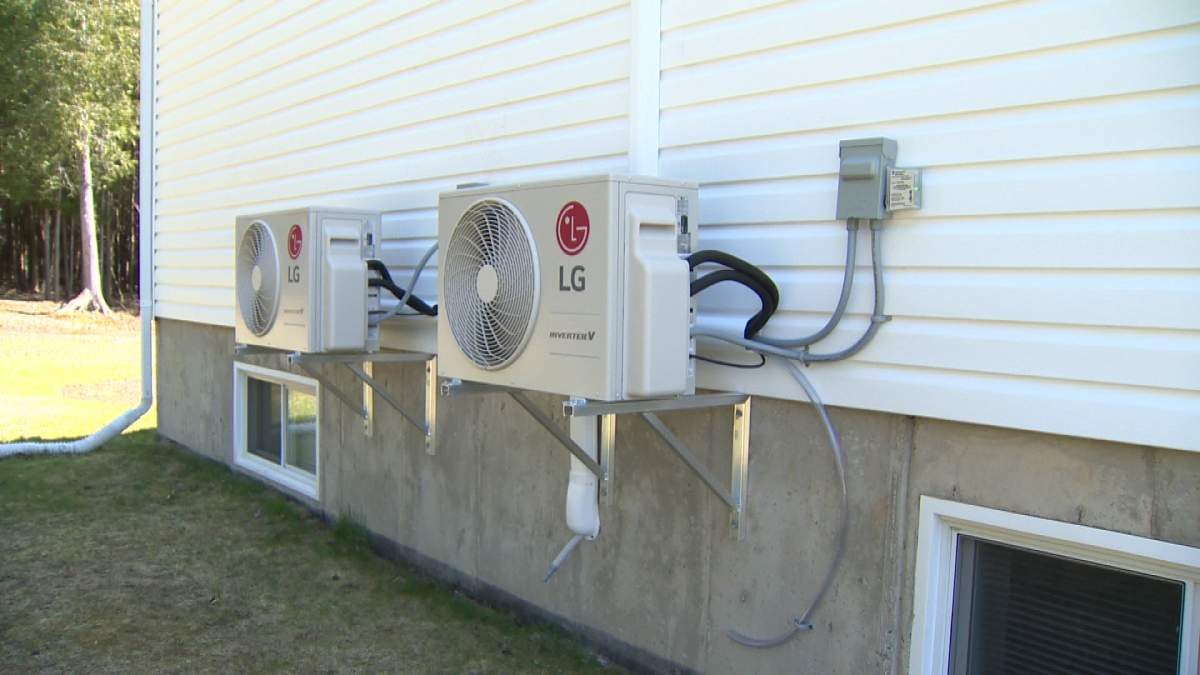Calgary homeowners looking to get some help retrofitting their home to be more energy efficient will soon be able to get that help from their property taxes.

Approved by city council on Monday, the Clean Energy Improvement Program covers up to $50,000 for those renos, to be repaid on the property tax bill over a period of up to 25 years at the same interest rate the city would pay on loans funding the program.
Eligible improvements include smart thermostats, improved insulation, higher-efficiency major appliances, door or window replacement and solar power generation systems.
Mayor Jyoti Gondek said many Calgarians had expressed interest in this type of program.
“There’s a lot of people that have sent in emails and people that have come to us at public presentations as well about being able to leverage some of the dollars through their property taxes to make additions and changes to their own homes. This is definitely something that consumers are interested in and we’re looking forward to making it happen for them.”
City officials estimate around 720 houses will be able to take part in the first run of the program.
Funds come from a mix of loans and grants: $5 million in grants from the Federation of Canadian Municipalities (FCM), a $10-million loan from FCM, and $5 million from an internal loan.
“The Clean Energy Improvement Program is Alberta’s version of a clean energy financing or PACE (Property Assessed Clean Energy) program, when a municipality leverages the property tax collection mechanism to facilitate repayments of financed clean energy improvements,” Dick Ebersohn, the city’s manager of climate change and environment, said.

Get breaking National news
“It will support energy efficiency and renewable energy upgrades in residential properties, it will reduce energy use costs and greenhouse gas emissions and generate economic growth in the energy retrofits industry in Calgary and surrounding region.”
Ebersohn said program enrollment and emissions reductions will be the main measurements of success.
“It has as close to zero cost and risk to the city as possible,” Ward 14 Coun. Peter Demong said.

Local environmental groups supported the idea and its low barrier to entry for homeowners.
“Access to low-cost financing is one of the barriers facing homeowners who want to control their utility bill and this program will help some homeowners to be more resilient to shocks from energy prices and climate events in the coming decades,” Alberta Ecotrust Foundation program specialist Jessica Lajoie told council, noting Toronto’s energy retrofit program has financing as one of nine ways that city helps homeowners through the process.
A Calgary Climate Hub representative called the program “a really good first step.”
“In 2020 residential buildings accounted for 29 per cent of GHG emissions (in Calgary), while other types of buildings including commercial, industrial and institutional buildings, accounted for 38 per cent, with commercial buildings alone accounting for 28 per cent,” climate hub co-chair Joan Lawrence said.

“Obviously the program will need to be expanded to meet more residences and to address emissions from other types of buildings. This is a monumental task, and meanwhile everyday in Calgary, we are still constructing homes and other buildings that will add to emissions.”
City council approved the program on a 14-1 vote, with Ward 4 Coun. Sean Chu as the sole opponent.
The Clean Energy Improvement Program is expected to begin in fall of 2022 as a pilot.
–with files from Adam MacVicar, Global News








Comments
Want to discuss? Please read our Commenting Policy first.